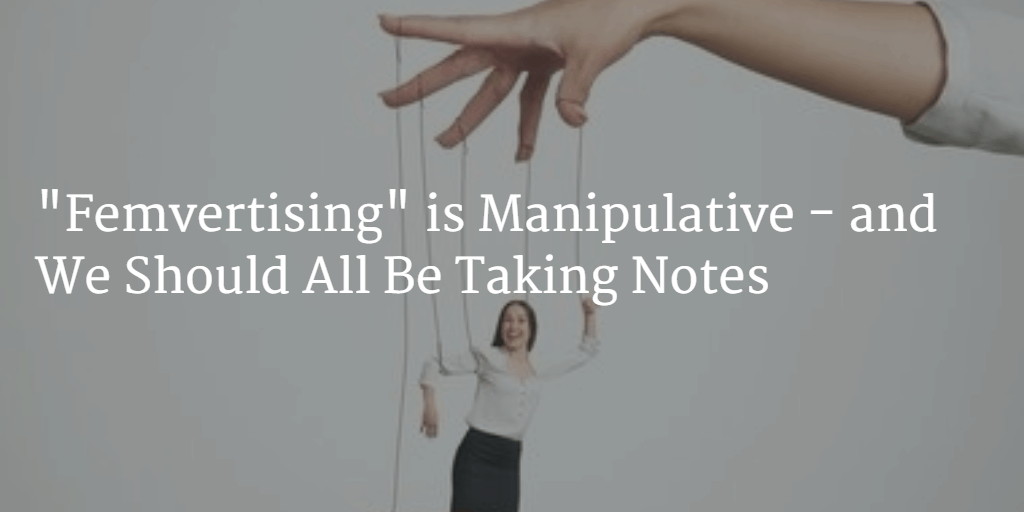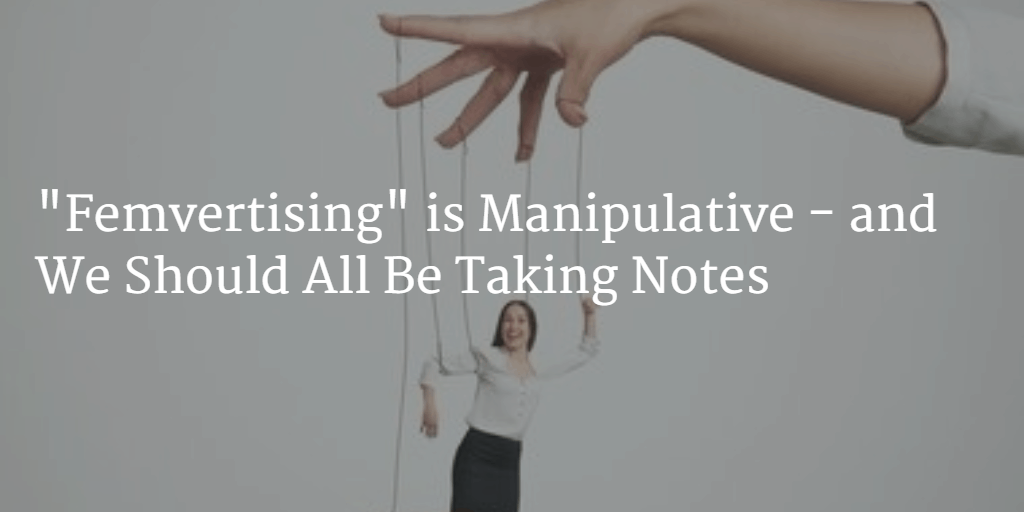By Karina Hayat, Co-founder and President of Prizm Media Inc.
In the media, women tend to be misrepresented, and advertising is the worst culprit of them all. From the half-naked supermodels in beer commercials to idealized images of thinness in weight loss programs, treating women as sexual objects and mindless commodities sells – and in marketing, when something sells, you keep at it. Feminism will take the backseat to profit over and over again when numbers show that these misogynist strategies work – or will it?
“Femvertising” is making huge waves and dollars in the industry. Empowering women has become the hottest way to make a profit for companies targeting women. While many may scoff that “femvertising” is manipulative, female-positive advertising is a good thing – and we should all be taking notes.
Most agree that the Dove Campaign for Real Beauty was the first mainstream “femvertisement.” The personal care product company’s goal was to celebrate all types of female beauty and to encourage women to be confident in their bodies. The campaign was a huge breakthrough, winning two Cannes Lions Grand Prix awards for advertising excellence. Dove’s success led the way to a wave of feminist campaigns like Under Armour’s “I Will What I Want,” “Always’ #LikeAGirl, Pantene’s “Labels Against Women,” and more. This hype is profitable too, as SheKnows polled that 52% of women had purchased a product because they liked the positive way women were portrayed in the advertisement.
The main reason “femvertising” is effective now is that people have never been more aware of the gender gap and women have never been in a better place to protest against it. Though inequality is still clearly an enormous problem, there has also been very real progress in women’s rights in the last fifty years. According to TIME, in 47 of 50 of the largest US metro areas, single, childless women in their 20s make more money than their peers, while women control 58% of online retail dollars spent, make 80% of healthcare decisions, and bought 45% of consumer electronics in 2007. With this purchasing potential, it is no surprise that marketers are paying attention to women with inspiring advertising.
It would be easy to dismiss “femvertising” as shallow and manipulative, and argue that it treats women as mindless consumers. It is true that there have been companies that have just seemed to take advantage of the trend. For example, Karl Lagerfeld sent models down his 2015 Spring/Summer Chanel catwalk with signs proclaiming, “Feminist but Feminine.”
It may have been well-intended, but the message and the models represent the harmfully singular and exclusive image of beauty that is so harmful to feminism. Even “femvertiser” powerhouse Dove is owned by Unilever, who also owns the Axe brand, one of the worst mainstream advertisers towards women.
So is this new wave of marketers is just as bad as the beer and weight loss advertisers by just paying lip service to feminism while profiting off the setbacks women face?
In the end, even if these so-called progressive advertisers do not genuinely care about women’s rights, the fact is that this female-positive trend is undeniably a good thing. Even if there are a few missteps like Chanel or Axe, an overall movement towards treating women like real, thinking individuals equal to men is huge in the notoriously sexist marketing industry.
I can already see the effect of today’s equality-minded advertising. As a feminist, taking my 8-year old daughter swimsuit shopping naturally leads into a conversation about how who you are is more important than your appearance. But after hours of not finding a swimsuit and seeing her frustration, I asked her what was wrong. I was surprised and awed when my little girl replied that she was upset because the only swimsuit choices available were two-pieces and that she wanted people to value her, not her body.
We should all be paying attention to “femvertising” because, believe me, people like my impressionable daughter are listening. As businessmen and businesswomen, especially in marketing, we have incredible influence on public opinion. Being socially conscious is a proven, powerful tool that we can capitalize on to profit our companies – but we should also lead the way for progress while we do.
Karina Hayat is ranked 9th of Canada’s Top 100 Female Entrepreneurs by W100 and has been in the health lead generation business since 2001. She is the President and Co-founder of Prizm Media, a PROFIT 500-listed compliance-focused lead generation company that caters to some of the fastest growing DMEs and pharmacies in US and Canada.


